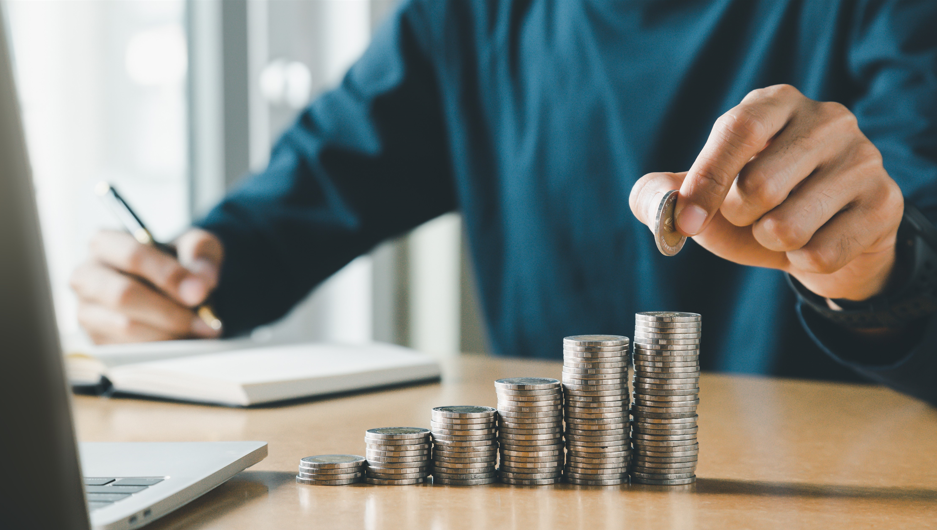Buying a Second Home: Your Ultimate Guide
 When buying a second home, you'll typically need a larger deposit compared to your first home. While primary residence mortgages often require a 5-10% deposit, second homes generally need at least a 25% deposit.
When buying a second home, you'll typically need a larger deposit compared to your first home. While primary residence mortgages often require a 5-10% deposit, second homes generally need at least a 25% deposit.
One way to finance this deposit is by using the equity in your main home. You can calculate your equity by subtracting the remaining mortgage balance on your primary residence from its current market value. If you have enough equity, you might consider remortgaging your main home to release funds, which can then be used as a deposit for your second property.
What Kind of Mortgage Do I Need?
For a second home, you'll need a second home mortgage. These come with more stringent financial checks because lenders need to ensure you can manage payments on two properties. Depending on your plans for the second home, you might also need a specialized mortgage, such as:
Buy-to-Let Mortgage: For renting out the property long-term.
Holiday Let Mortgage: For letting the property short-term to holidaymakers.
Is It More Difficult to Get a Mortgage on a Second Home?
Securing a mortgage for a second home can be more challenging. Lenders will consider your existing financial commitments and require proof of a sufficient income to cover both mortgages. Additionally, your age and the length of time you can sustain your income will be factors. Be prepared for thorough scrutiny and ensure your finances are in good shape.
How Does Buying a Second Home Impact Tax?
Buying a second home has tax implications along with other additional costs which should be taken into consideration. You'll pay a higher rate of stamp duty compared to your primary residence and won’t benefit from the 0% rate on properties up to £250,000. Here are the current stamp duty rates for second properties in England and Northern Ireland as of August 2023:
|
Property value |
1 property |
2 or more properties |
|
Less than £250,000 |
0% |
3% |
|
£250,000 - £925,000 |
5% |
8% |
|
£925,001 - £1,500,000 |
10% |
13% |
|
Over £1,500,000 |
12% |
15% |
Capital Gains Tax
If you sell a second home, you may be liable for capital gains tax. Basic rate taxpayers will pay 18% on any increase in value, while higher rate taxpayers will pay 28%. The only way to avoid this tax is if the property's value increase is below the individual capital gains allowance, currently £12,000.
Council Tax
You will also need to pay council tax on your second home unless you qualify for an exemption or discount. Check with your local council for more details on council tax exemptions.
Other Costs to Consider
- Mortgage Arrangement Fees: Lenders may charge fees for arranging your mortgage.
- Mortgage Valuation Fees: A valuation of the property is typically required by the lender.
- Conveyancing Costs: Legal fees for the purchase process.
- Insurance premiums: Ensuring you have buildings and contents insurance for your second property is strongly advised to protect you from any unforeseen circumstances.
Let Haybrook Help with Your Property Search
Ready to find your dream second home? Whether you are a seasoned investor or a first-time buyer, our team is dedicated to making your second home purchase smooth and successful. Contact your local Haybrook branch today to discuss your requirements and start your property search







